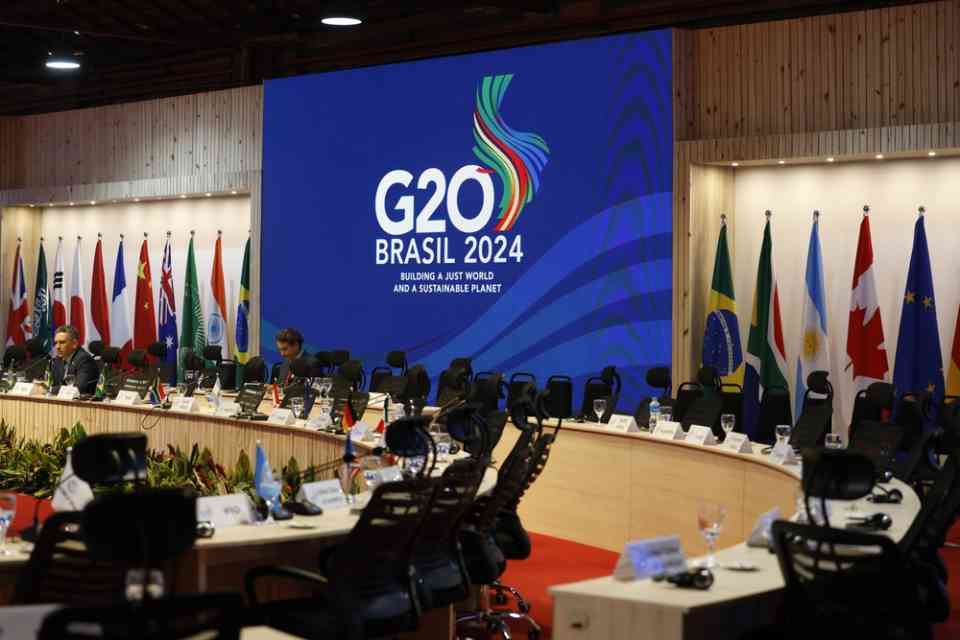G20 Summit in Brazil Considers Global Tax on Ultra-Wealthy Amid Opposition

G20 leaders are convening in Brazil for a two-day summit aimed at finalizing a global tax targeting the world’s 3,300 wealthiest individuals, with the potential to generate up to $250 billion. The proposed tax is part of Brazil’s initiative to address wealth disparities, but it has encountered last-minute resistance during the discussions in Rio de Janeiro.
Ahead of the meeting, Brazil’s Environment Minister, Marina Silva, acknowledged to reporters that there were lingering objections tied to the climate, financial, and taxation agendas, including the proposed levy on the super-rich. Her efforts are focused on unifying the G20 around a common declaration despite these concerns.
In July, during a prior meeting in Rio, all 20 finance ministers had agreed that wealth and income inequalities pose a threat to economic growth and social stability. They committed to working together to ensure that ultra-wealthy individuals are effectively taxed, but the details of that commitment have yet to be solidified and implemented.
While Silva did not specify the countries raising concerns, Argentina’s President Javier Milei has taken a stronger stance against the proposal. In light of this opposition, Brazil is considering altering the wording of the joint communiqué or signing the document on behalf of 19 countries, with an additional note outlining the dissenting position.
Argentina has a history of diverging from the consensus at international forums; it previously refused to endorse a G20 ministerial declaration on women’s empowerment and withdrew from the COP29 climate summit in Baku, Azerbaijan. Meanwhile, Spain, along with France and South Africa, remains a vocal supporter of Brazil’s tax proposal and is urging other G20 members to take a firm stand.
Spain’s Finance Minister, Carlos Cuerpo, recently appealed to his counterparts during a visit to London, emphasizing the need for bold actions that align with the demands for wealth redistribution voiced by citizens in recent elections. He underscored that the creation of a comprehensive database of the income and assets of ultra-wealthy individuals would be a critical first step toward effective taxation.
The tax plan, which targets the world’s richest 3,300 billionaires, is based on a proposal by French economist Gabriel Zucman. Zucman has suggested that closing tax loopholes through a 2% wealth levy could raise up to $250 billion.
According to Oxfam, the top 1% of the wealthiest in G20 nations now hold 31% of total wealth, an increase from 26% two decades ago.
Have you read?
World’s Best Countries To Invest In Or Do Business.
World’s Most Startup-Friendly Countries.
World’s Best Countries For Quality of Life.
Largest Economies Europe In 2024.
GDP of the BRICS countries (2000 to 2028).
Bring the best of the CEOWORLD magazine's global journalism to audiences in the United States and around the world. - Add CEOWORLD magazine to your Google News feed.
Follow CEOWORLD magazine headlines on: Google News, LinkedIn, Twitter, and Facebook.
Copyright 2025 The CEOWORLD magazine. All rights reserved. This material (and any extract from it) must not be copied, redistributed or placed on any website, without CEOWORLD magazine' prior written consent. For media queries, please contact: info@ceoworld.biz








